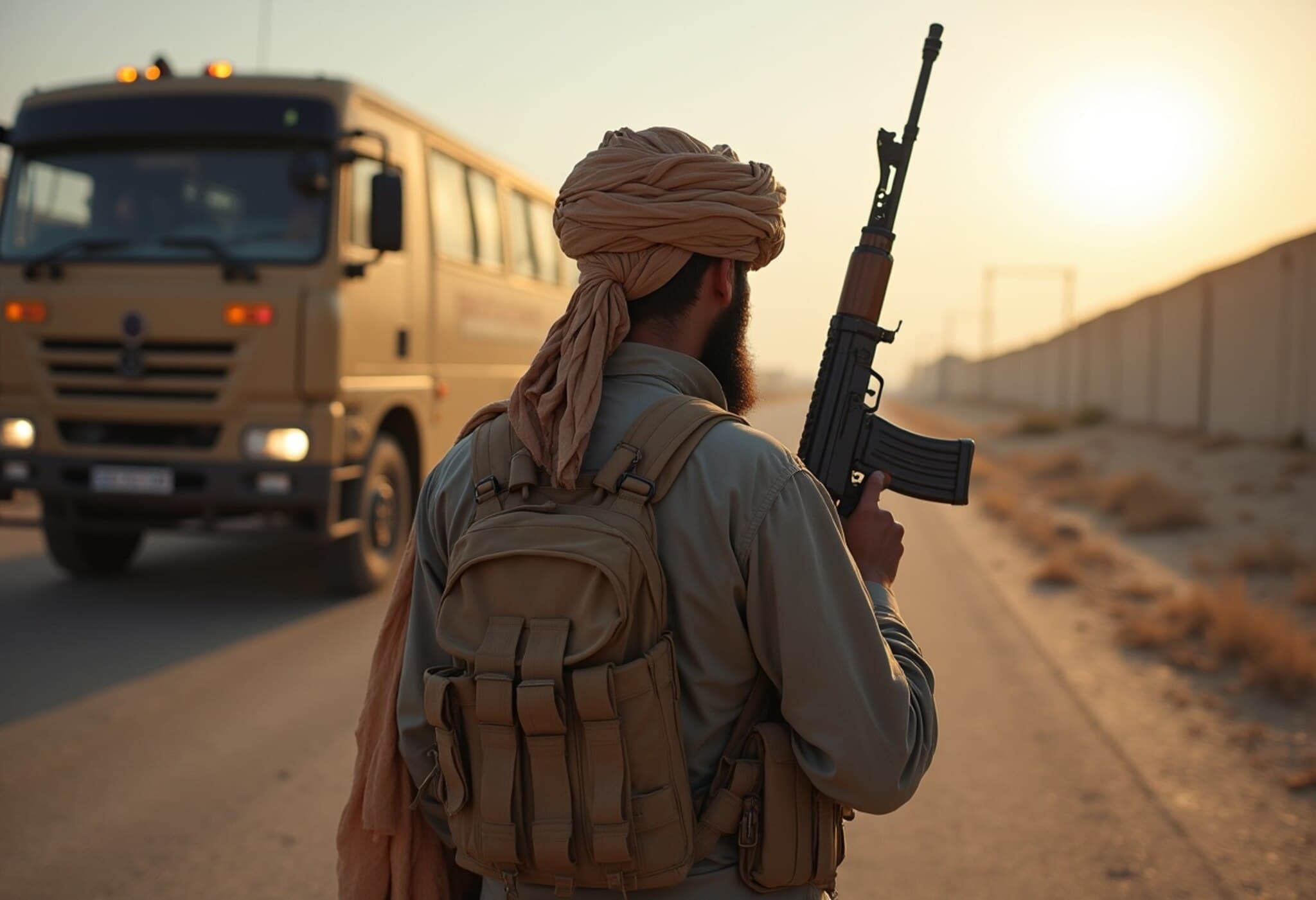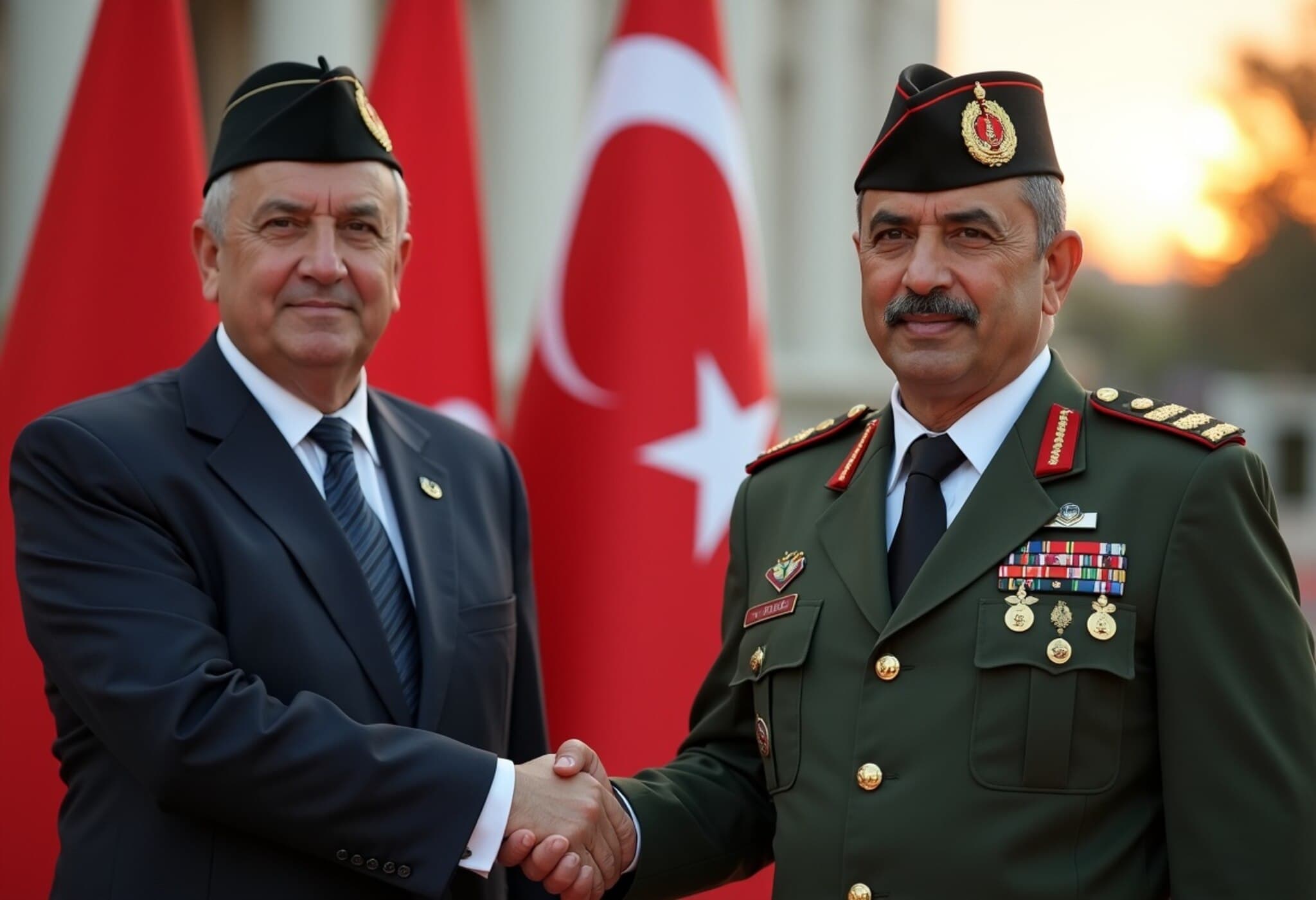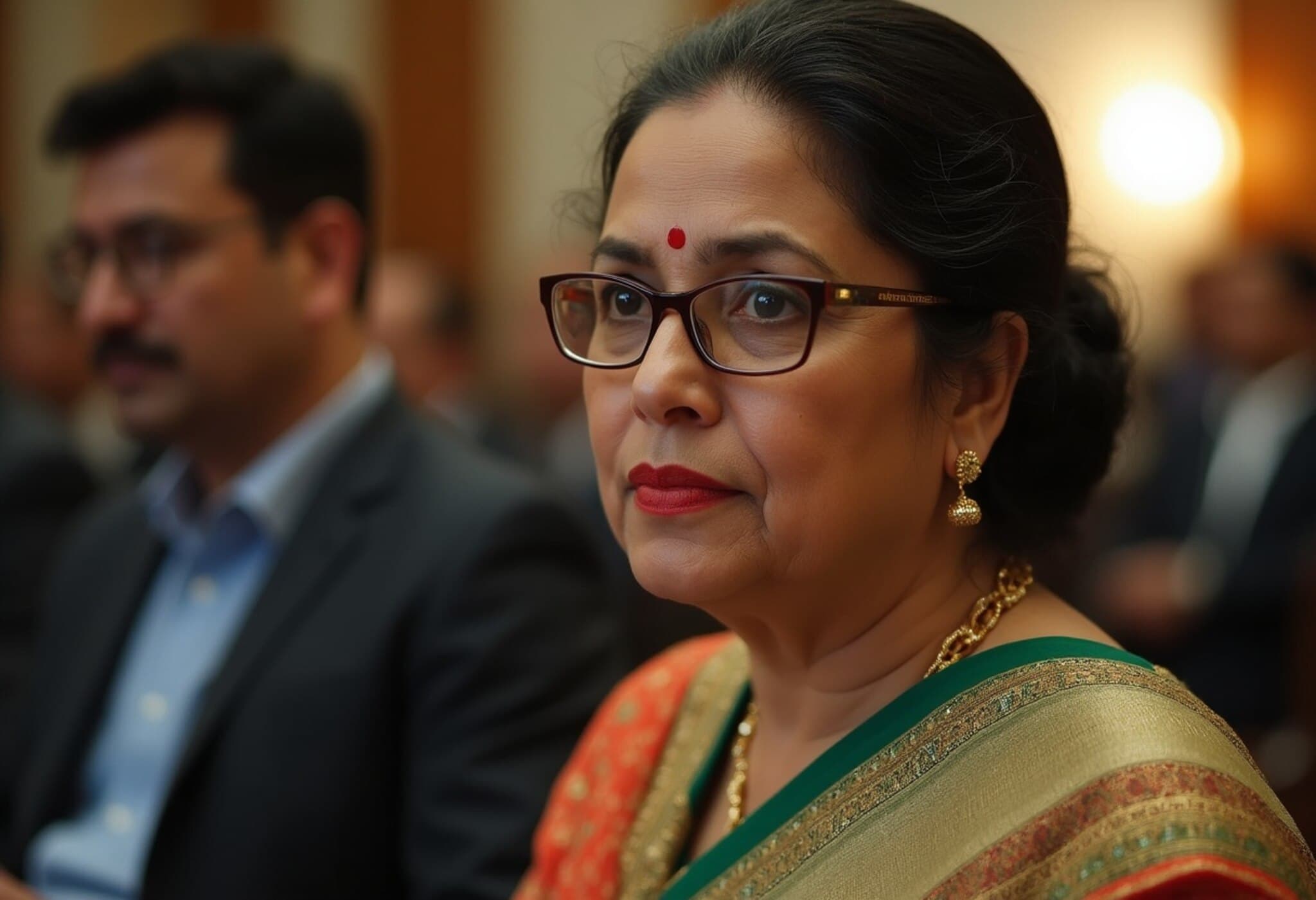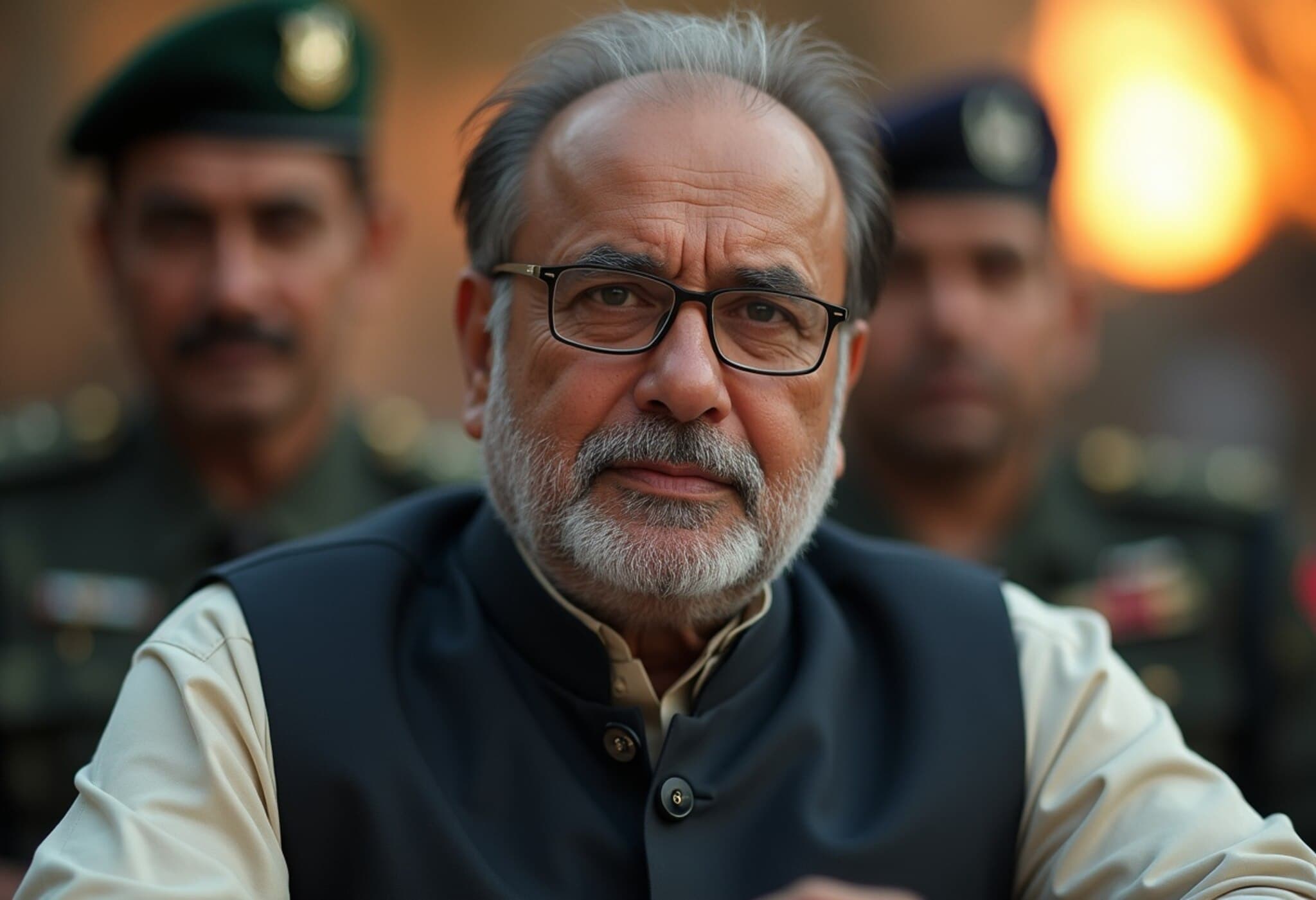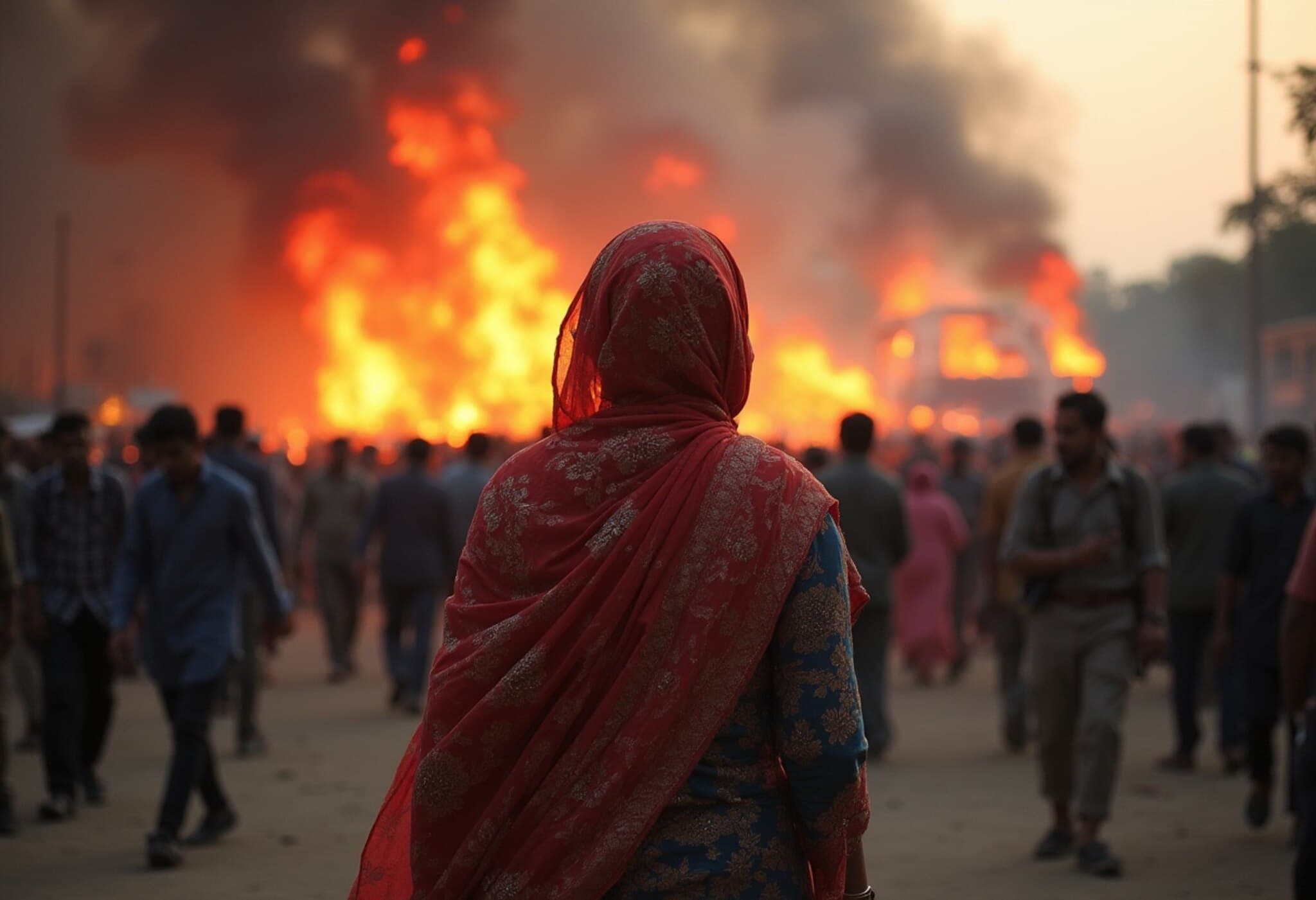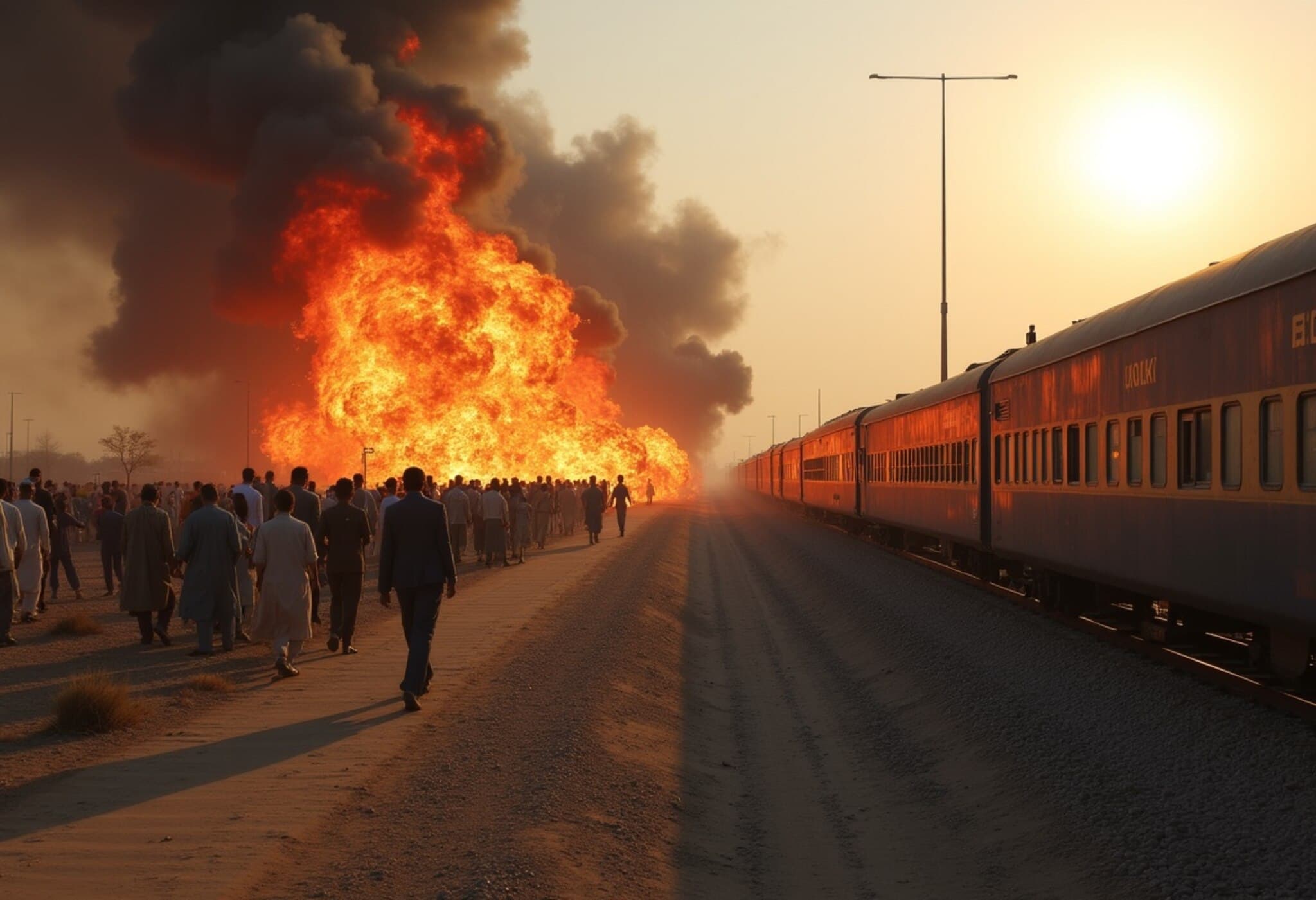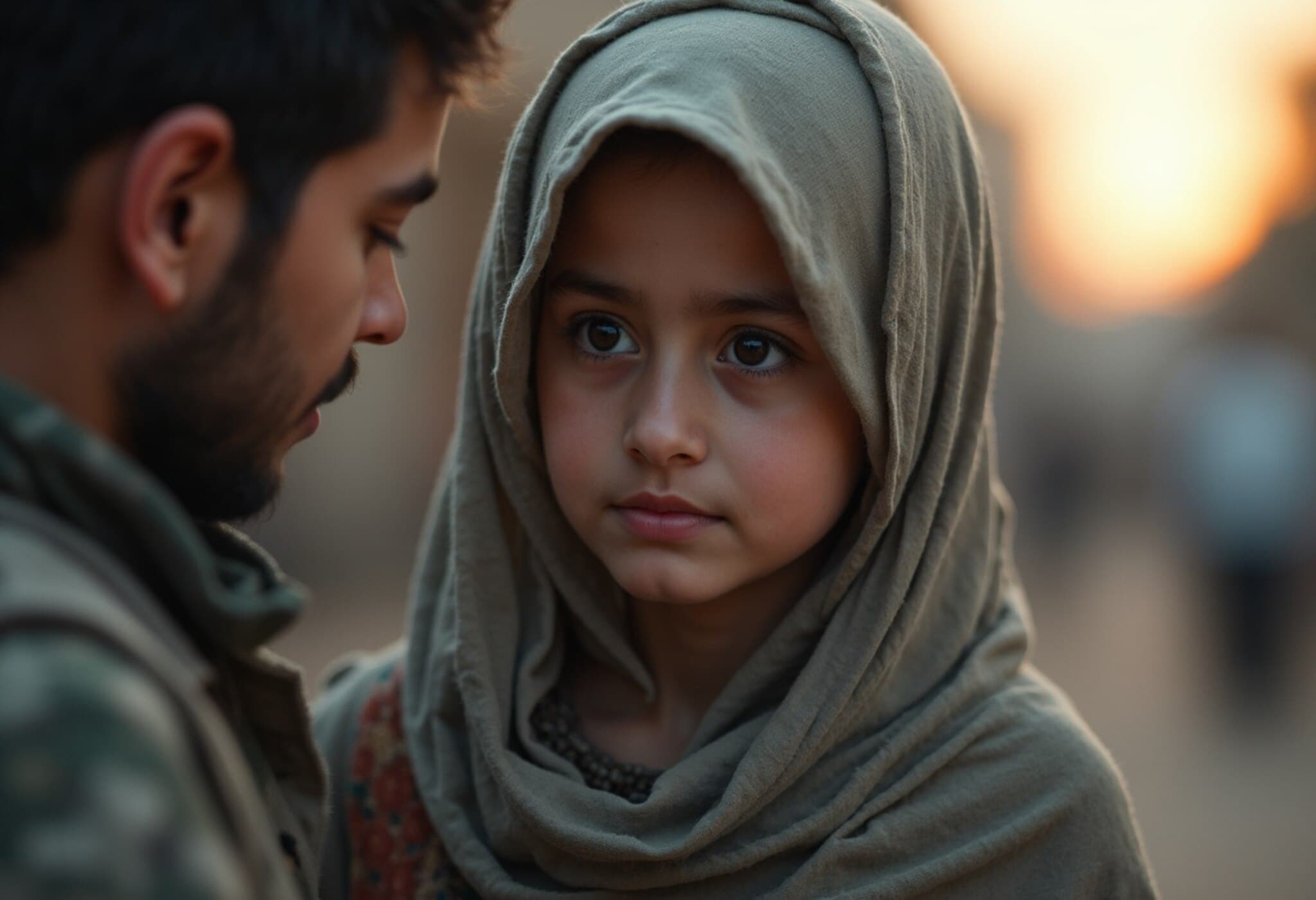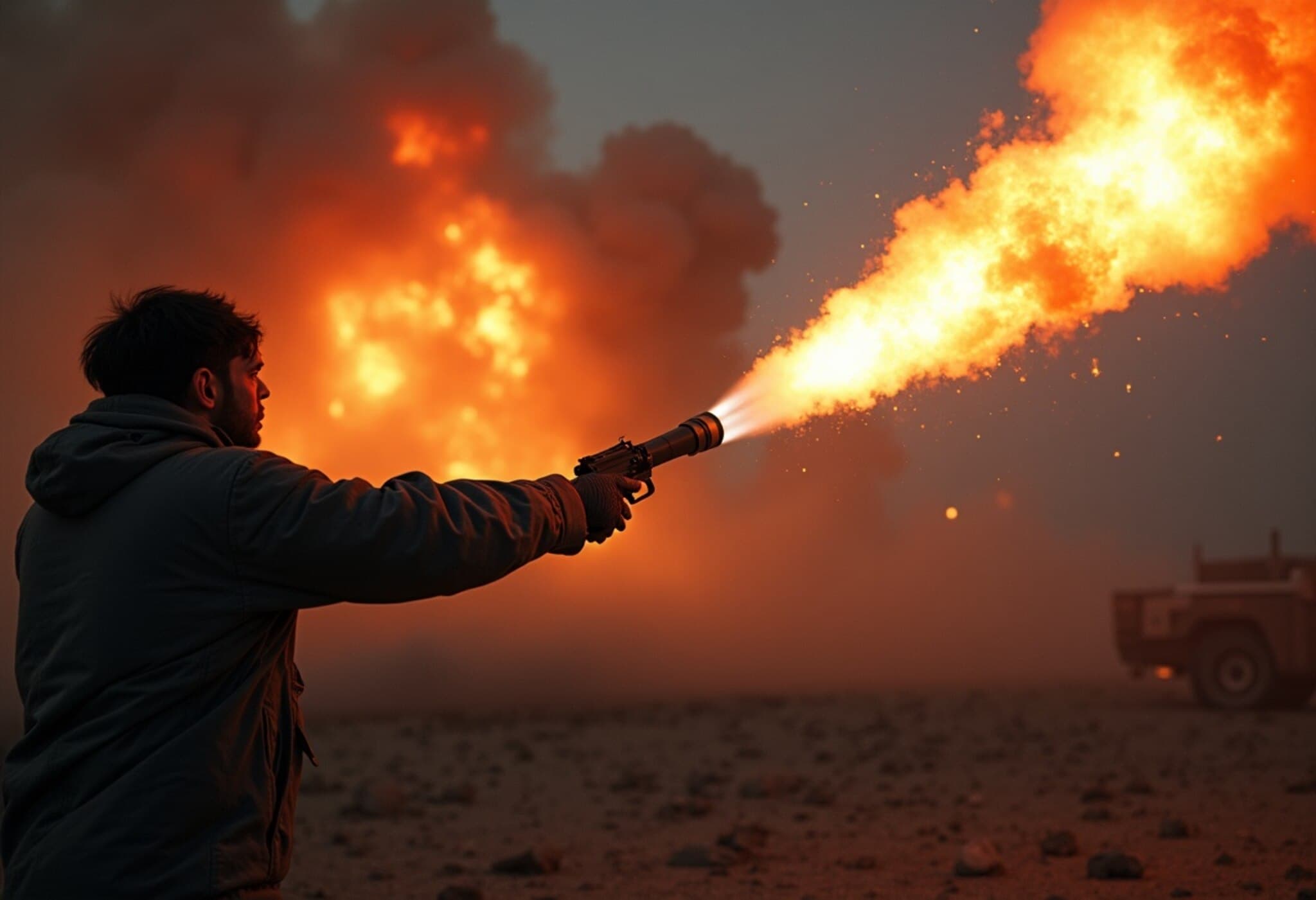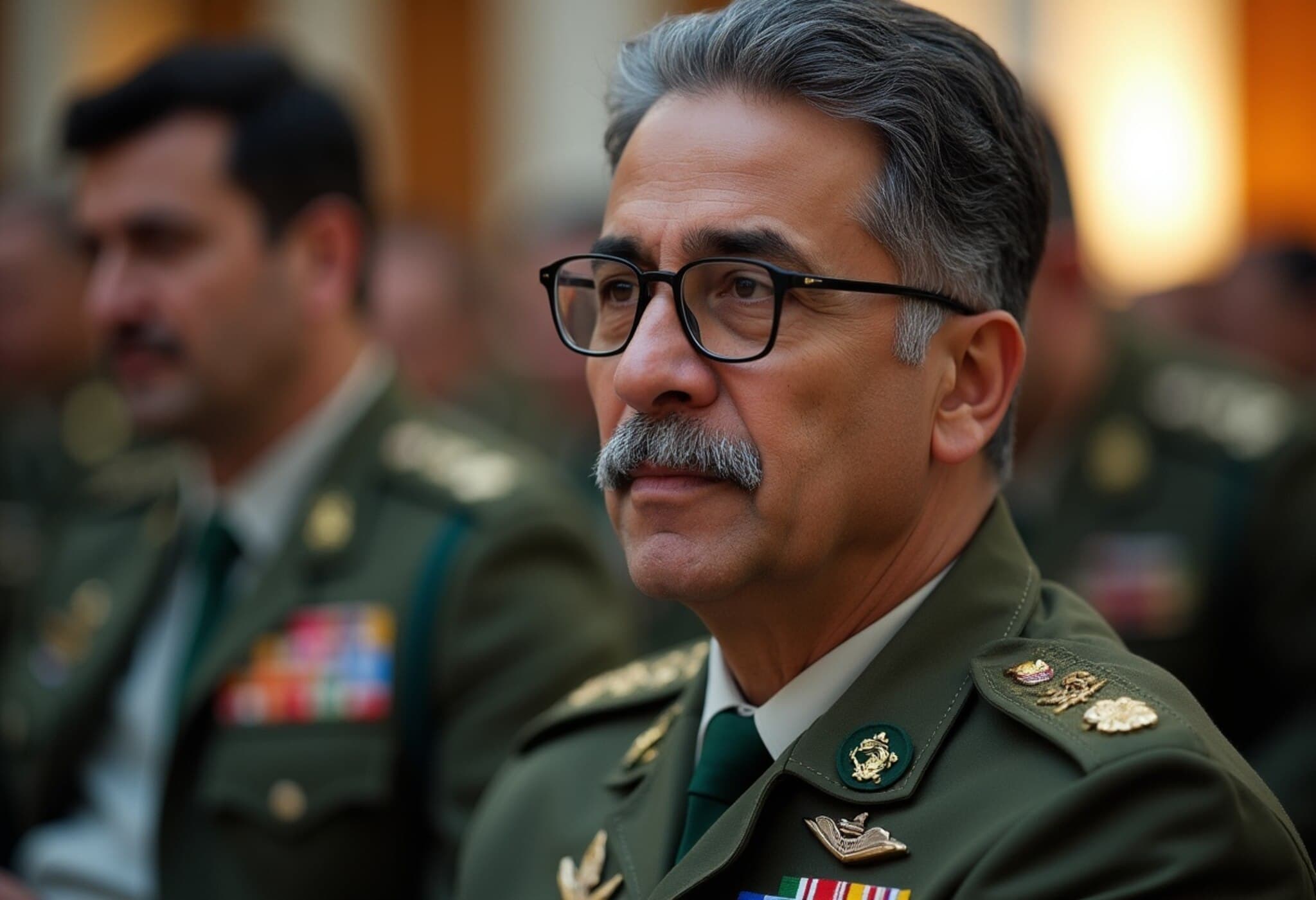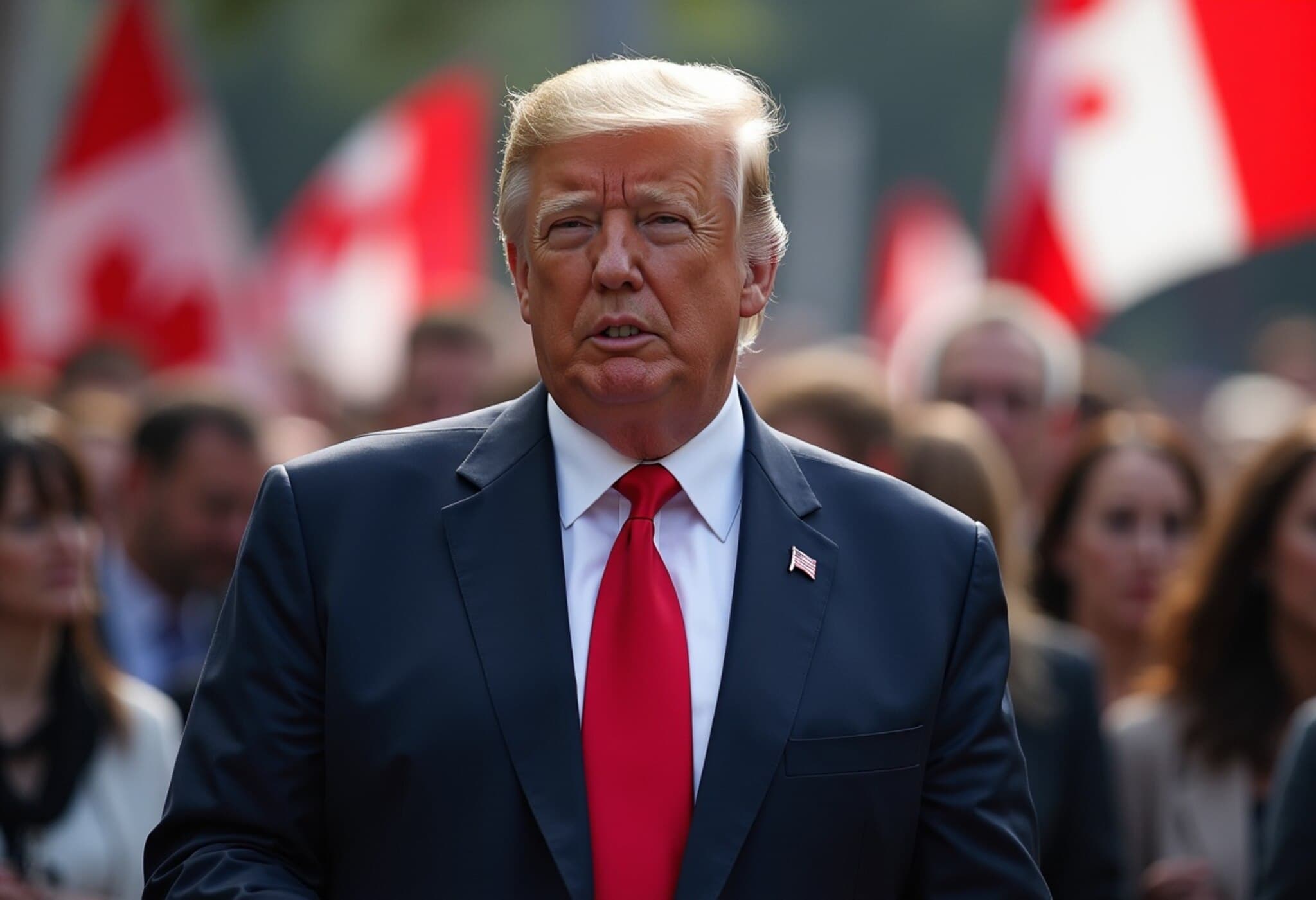Violent Ambush in Balochistan Claims Nine Lives
In a harrowing incident that underscores the persistent instability in Pakistan's southwestern province of Balochistan, armed assailants forcibly took nine bus passengers before mercilessly killing them. The attacks took place on Thursday evening, with victims abducted from multiple buses traveling across the region, according to provincial spokesperson Shahid Rind.
Officials discovered the bodies in mountainous terrain following an intensive overnight search. Naveed Alam, a senior Pakistani official, confirmed that the victims bore fatal bullet wounds. As of now, no individual or group has stepped forward to claim responsibility for the attack.
Contextualizing the Crisis: The Roots of Violence in Balochistan
Balochistan has long been a tinderbox of ethnic and political tensions. The province's strategic location bordering Afghanistan and Iran, coupled with its wealth in natural resources, has made it the epicenter of repeated insurgencies and militant activities. Among the rebel groups, the Baloch Liberation Army (BLA) remains the most formidable, frequently targeting passengers perceived as coming from the Punjab province.
The insurgents accuse the Pakistani state of exploiting Balochistan's mineral wealth to fund development predominantly in Punjab, intensifying grievances among locals. This uneven distribution of resources has amplified decades-old demands for autonomy and fair economic participation.
Human Toll: The Baloch Civilians Caught in the Crossfire
While the armed conflict rages, the civilian population pays a heavy price. An activist from the Baloch Yakjehti Committee (BYC) shared with us that innocent Baloch people routinely suffer under the strain between militant factions and Pakistani security forces.
For instance, earlier in the year, a rally led by Balochistan National Party leader Sardar Akhtar Mengal was targeted near Mastung, reflecting the ongoing dangers faced even by those peacefully protesting for political rights. Although no casualties were reported in that blast, it was believed to have been perpetrated by Daesh operatives in the Khorasan region, adding another layer of complexity to the province’s security landscape.
The Role of State Institutions
Beyond militant violence, Baloch activists highlight the intimidating tactics used by Pakistan’s intelligence agency, ISI, to curb dissent. These include:
- Fabricating charges and spreading misinformation to discredit activists.
- Harassment and intimidation extending to family members.
- Strategic use of anti-terrorism laws to criminalize peaceful political advocacy.
Such measures aim to stifle the Baloch nationalist movement through fear and legal pressure, effectively strangling economic opportunities and eroding civil liberties within the province.
What Lies Ahead for Balochistan?
The tragic abduction and killing of bus passengers bring renewed attention to the urgent need for a comprehensive approach to peace in Balochistan. Policymakers must navigate a delicate balance—addressing legitimate local grievances while enhancing security and promoting inclusive governance.
The international community and regional stakeholders, including the United States, have a strategic interest in stabilizing Balochistan given its geopolitical crossroads and resource wealth—elements crucial for trade routes, regional connectivity, and energy security.
Underreported Dimensions
This incident also spotlights under-discussed issues such as:
- The psychological trauma experienced by communities living amid constant violence.
- The role of economic deprivation in fueling insurgency recruitment.
- Potential pathways for mediation where civilian voices are meaningfully included.
Editor’s Note
The killing of nine innocent individuals in Balochistan’s ongoing turmoil is more than an isolated attack—it epitomizes a complex conflict rooted in historic grievances and contemporary political struggles. As global attention frequently shifts to headline-grabbing crises, the quiet suffering in resource-rich but politically neglected provinces like Balochistan calls for an empathetic and multifaceted response. For policymakers, activists, and analysts alike, the question remains: How can Pakistan reconcile national unity with regional autonomy while safeguarding human rights and economic justice?
Our continued coverage will seek to unpack these challenges, amplifying the voices often sidelined in the dominant geopolitical narratives.
Sources: Reuters, The Express Tribune, interviews with Baloch activists

